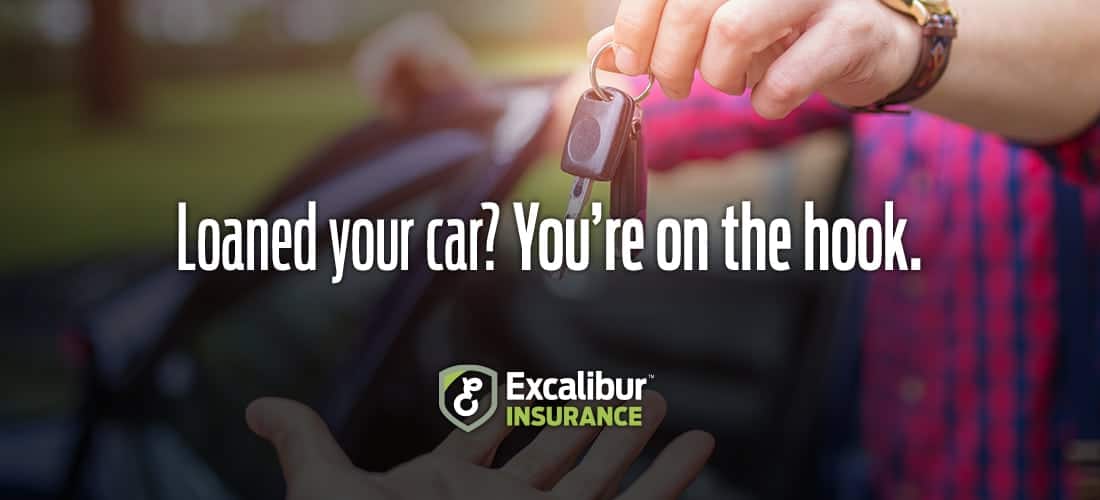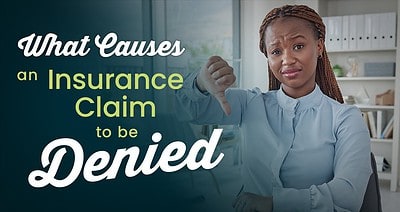
Loaned your car? You’re on the hook.
November 14, 2019
Share:
Many people assume that the friend’s insurance will cover an at fault accident, but the truth is in many cases it’s the owner of the car who is liable. Whether you’re driving or not, your car is covered. This applies so long as your friend has your permission and is a licensed driver. What can change is whose insurance pays for the repairs to your vehicle. Check out the chart below for more details.
Whose Insurance Pays for an Accident?
What does all this mean?
If your friend borrows your car and has a fender bender, you’re liable for the accident.
The only time that this wouldn’t be true is if your friend is specifically excluded from your policy. This happens occasionally when a driver within the household has a poor driving record and your insurance company is unwilling to cover them. In this case, the insurance provider will most likely not cover the cost of the accident since it was explicitly stated in the contract that they are not covered under your current policy. If this happens the excluded driver could be personally liable and your insurer may pursue legal action against them. The same is true if someone takes your car without your permission.
*(Typically, excluded drivers are someone within your household like a son or daughter who are excluded from the vehicle to avoid a rate increase.)
Will the accident show up on your insurance record, even though it wasn’t you driving?
If they were at fault – yes. If your insurance covers the accident, it will become part of your insurance history – and your rates will be affected for 6 to 9 years, depending on the insurer. On the surface it might not seem to make sense that it goes on your record, but the insurer sees it as an increased risk since they had to pay out damages on your policy.
What if your friend pays out of their pocket?
A lot of people believe it would be better and cheaper to have their friend cover the cost of an ‘at fault’ accident rather than make an insurance claim. This can be very risky because within every auto policy (which is a legally binding contract) there is a requirement for the policy holder to “disclose all losses regarding usage of the vehicle.”
The safe bet is always to report an incident to your insurer even if it might be a bit more expensive in the short term. In the case where your friend was at fault – under The Statute of Limitations, the 3rd party driver has two years to file for a lawsuit after the accident occurs, and your insurer maintains the right to investigate all losses. A significant delay in reporting a loss can diminish the possibility of a proper investigation, meaning they may not cover you in the event of a lawsuit.
What happens if your friend is injured while driving your car?
It doesn’t matter if your friend or the person they hit was injured in your vehicle. According to the Ontario Highway Traffic Act, section 192, “the owner of a motor vehicle is liable for loss or damage sustained by any person by reason of negligence in the operation of the motor vehicle.”
So you (your insurance) is on the hook for medical expenses and the long-term liability of your friend as well as the 3rd party driver.
Is the risk worth tossing a friend the keys to your car?
Hey – we all lend our vehicle occasionally. And if your Mom asks to borrow your car, not many of us are going say, “no way, ma!”
But before you lend out your car, even to family members, remember – it’s your butt on the yellow line.
Have a question, or simply looking for more information?
Give us a call from anywhere in Ontario at 1-888-298-7343.







